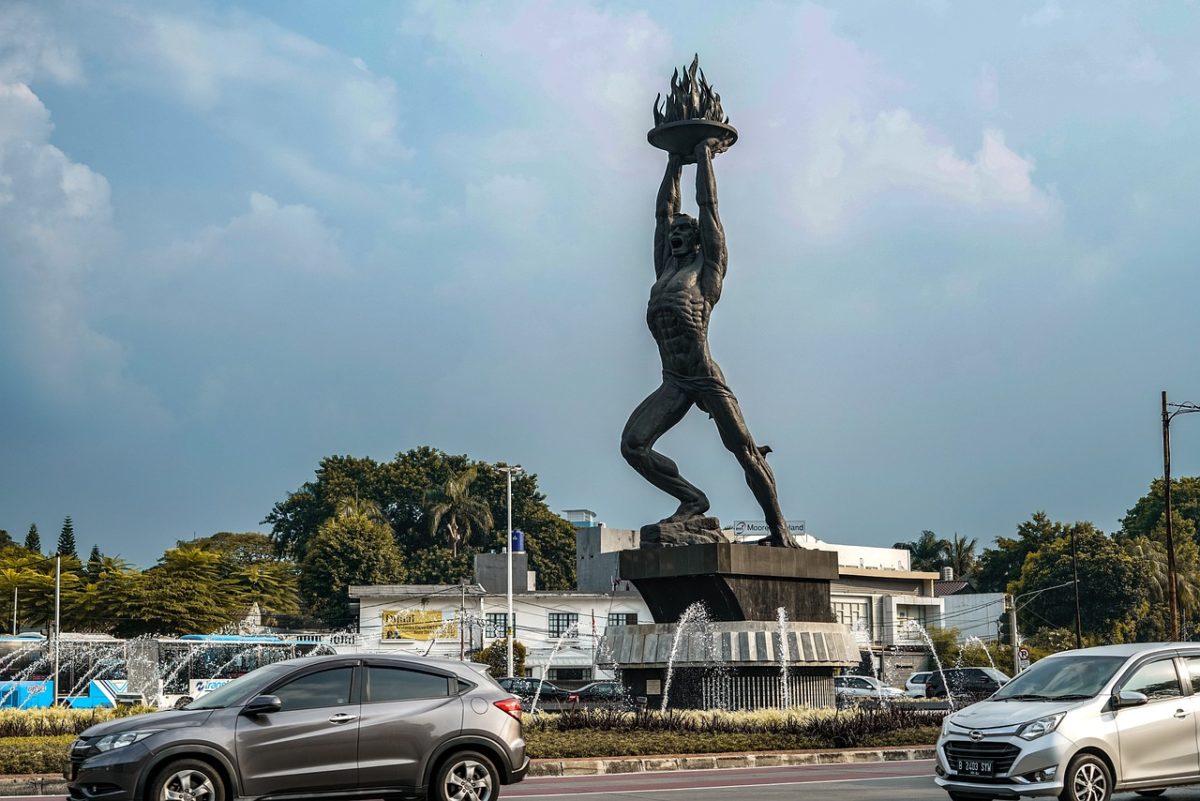Summary
The 2024 Indonesian presidential election will involve a complex interplay of economic challenges, political legacies, and the rising influence of young voters.
- The Economy: The main worries for the people in Indonesia are inflation, unemployment, and economic growth. These problems have got worse because of global events like the US Federal Reserve’s monetary policy and the war in Ukraine.
- Political Dynasties: Political dynasties have also become a critical issue, with President Joko Widodo’s son running as a vice-presidential candidate, sparking debates about the role of political dynasties in Indonesian politics.
- Youth vote: Young voters, including Gen Z and Millennials, will play a significant role in the election, with their concerns about employment and climate issues influencing their voting decisions. The use of social media platforms like TikTok in political campaigning is also indicative of a shift in election dynamics.

